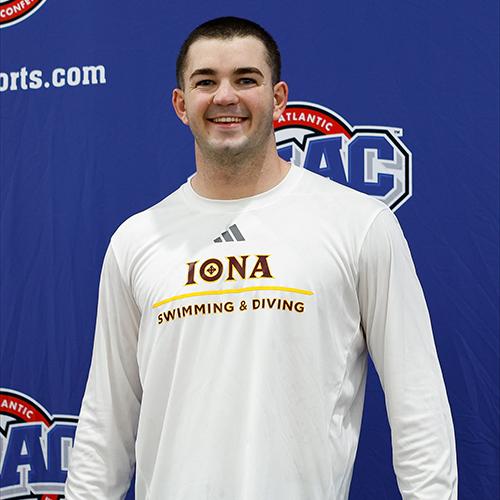General Recognition Guidelines for Student Clubs/Organizations
When a campus organization is approved, the following procedures must be followed in order for the group to maintain their status on campus:
- After an organization is approved, all members must remain in good academic and disciplinary standing in order to maintain active status. A student who has been placed on academic and/or disciplinary probation or suspension, regardless of the grade point average, may not participate in any activities or hold office. Inactive members or those not enrolled as students may not participate in activities unless they are open to the public. All students on club rosters recognize that their grades will be checked throughout the year to determine good standing, however it is the primary responsibility of the student to hold themselves accountable.
- All students and student groups must obtain the approval of their club adviser and the Director of Student Development in writing to conduct any fundraising projects. If the project has a publicity component, all of the particulars must comply with the publicity procedures outlined in this and the Student Handbook. No fundraising project may involve the possession, sale or distribution of alcoholic beverages.
- Clubs and Organizations must complete the following requirements/duties to remain in good standing:
- maintain a minimum of five Iona University students as active members serving as executive board members of the organization;
- completed and updated roster each semester. This information is to include but is not limited to all first and last names of members of the student group, student ID numbers, positions, and campus/local address. The Center for Student Engagement will outline necessary deadlines and processes each semester to be followed to be considered for continued recognition by the College;
- summer contact list of leaders of the club/organization to be contacted as final preparations are made for the following calendar year;
- attendance at SGA meetings;
- Leadership trainings and retreats
- community service projects as required each semester following the registration, reflection, and follow-up process through the Office of Mission & Ministry;
- transition workshop attendance and appropriate transition paperwork;
- summary report/End of Year report; and
- participation in campus wide initiatives and events as requested. This includes but is not limited to Open House/s, Accepted Students Day/s, Involvement Fair/s /s, and the Homecoming and Family Weekend Carnival.
Strongly suggested:
- good communication with adviser and members of the Center for Student Engagement;
- frequent club hub mailbox pick-up;
- budget proposals and applications for funding;
- fundraising activities for the organization;
- philanthropic events and initiatives;
- sponsoring on-campus events following the appropriate procedures; and
- attendance at GAB meetings
- Additional requirements for all Greek-letter social organizations (i.e., fraternities, sororities, social fellowships):
- attend meetings of the Council for Greek Governance (CGG);
- follow all policies outlined in this Student Handbook, especially noting and adhering to the Fraternity and Sorority Life policies, in addition to the Student Leader Resource Manual and the Fraternity and Sorority/Greek Handbook;
- all presidents and new member educators must attend New Member Education trainings;
- Rho Mu trainings and Recruitment trainings;
- Presidential Round Tables, one on one meetings with Greek Adviser;
- Greek Experience and other leadership sessions and conferences;
- all potential/new members must attend recruitment and training events;
- all members of fraternity and sorority life must attend meetings and training sessions as required; and
- additional risk management paperwork may be required (waivers, hazing, contract etc.).


